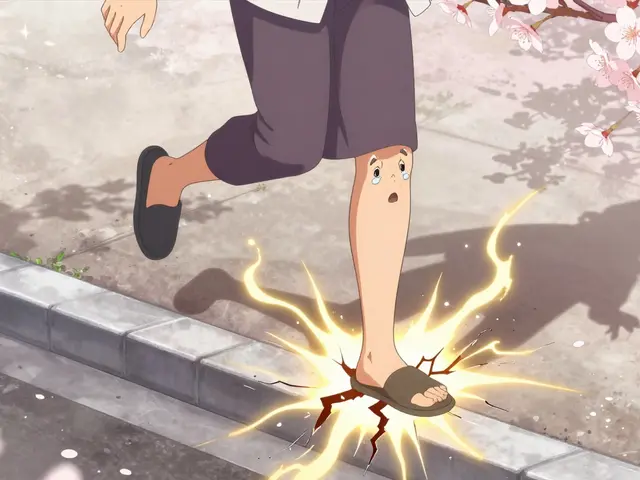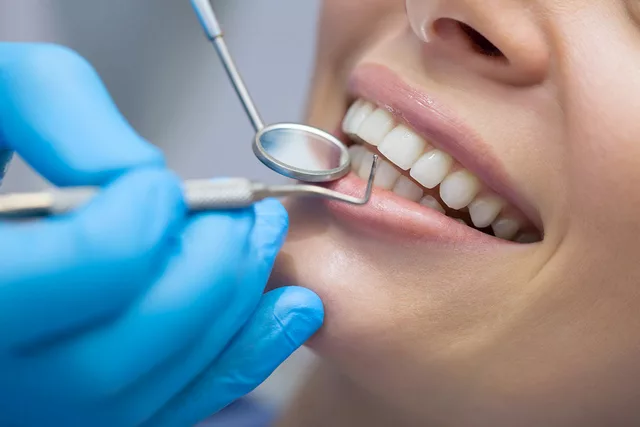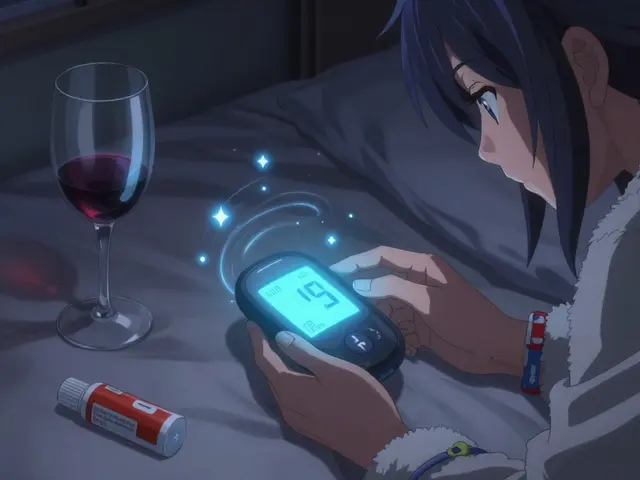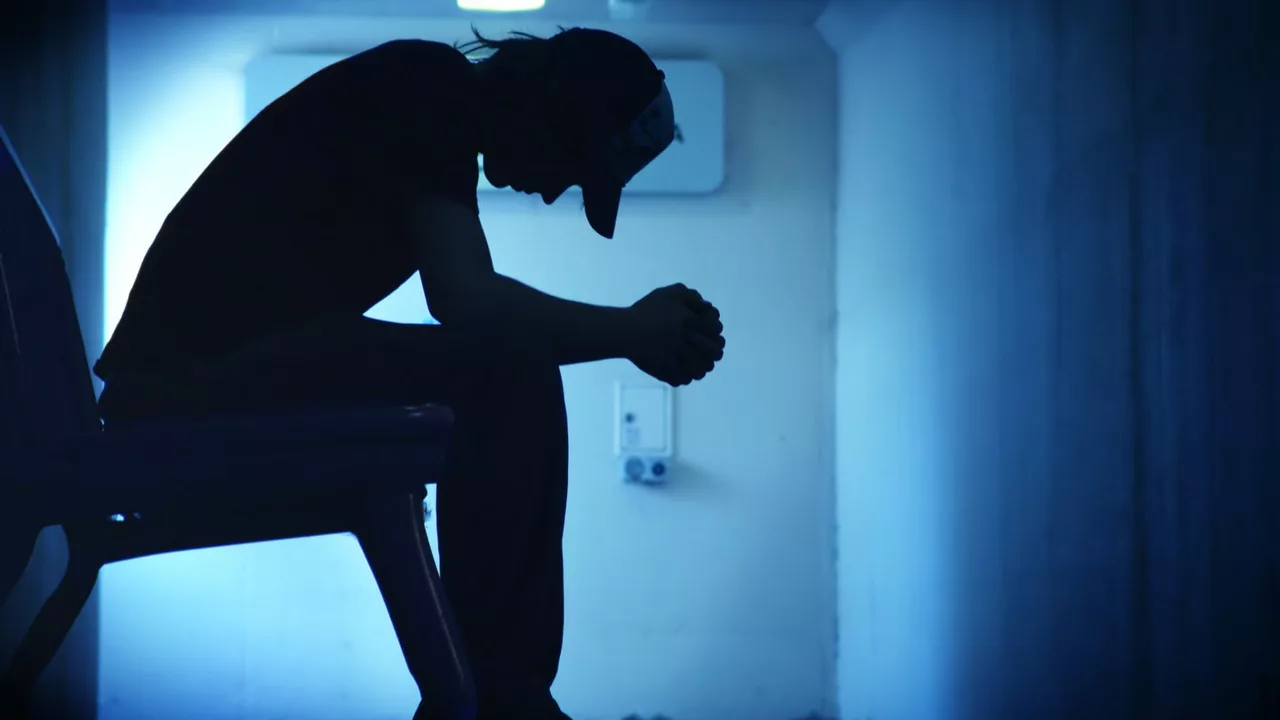Warning signs to watch with medications
Medications help a lot, but they can also cause trouble. Knowing clear warning signs saves time and health. Watch for anything new, sudden, or severe after starting a drug. Keep a list of your meds, doses, and when you started them. That list helps a doctor spot interactions fast.
Allergic reactions can be dangerous. Hives, swelling of face or throat, trouble breathing, or sudden fainting are red flags. If you see any of these, call emergency services right away. Mild rashes still need attention if they spread or come with fever.
Serious skin reactions like Stevens-Johnson syndrome or toxic epidermal necrolysis start with flu-like symptoms and a painful red or purple rash that blisters. These are rare but life threatening. Stop the drug and get emergency care if skin peels or eyes are painful.
Watch for changes in mood or behavior, especially with antidepressants or steroids. If you feel more depressed, have new panic attacks, or think about hurting yourself, contact your prescriber or emergency services now. Young people and teens can react differently, so check in with family.
Digestive problems like severe vomiting, bloody diarrhea, or jaundice (yellow skin or eyes) signal trouble with liver or gut. Stop taking the medicine and see a doctor if you notice these. Mild nausea is common, but persistent or bloody symptoms are not.
Low blood pressure, fast heart rate, fainting, or chest pain can mean a bad reaction. Get checked quickly. Also watch for easy bruising, unusual bleeding, or changes in urine or stool color—those point to blood or liver issues.
When to get emergency help
If symptoms are sudden, severe, or involve breathing, swelling, chest pain, severe bleeding, or loss of consciousness, call emergency services. Don’t wait to see if it improves. Bring all medication bottles to the hospital so staff can identify the drugs and doses.
How to spot unsafe pharmacies and counterfeit meds
When buying online, check for a real pharmacy license, clear contact info, and a secure checkout. No prescription when one is needed is a big red flag. Fake pills may look right but can contain wrong doses or dangerous additives. If a price looks too good, it probably is.
Keep meds in original packaging, follow storage instructions, and check expiration dates. Mistakes happen when people split pills, measure liquid wrong, or skip doses. Ask your pharmacist for a pill organizer demo or dose guidance if you’re unsure.
Write down side effects and when they started, and share this at every appointment. If a drug causes harm, switching to a safer alternative or adjusting dose often fixes the issue. Trust your gut—if something feels off, call your doctor.
Ask about lab checks like liver enzymes or kidney tests if a medication can affect organs. Carry an allergy card, and teach caregivers what to watch for. Small steps—tracking side effects, storing meds safely, and using licensed pharmacies—prevent big problems. If unsure, reach out to our team or your pharmacist today. Get help.
The Link Between Depression and Suicide: Warning Signs and Prevention
In my latest post, I explore the profound connection between depression and suicide, highlighting that untreated or severe depression significantly increases the risk for suicidal thoughts and actions. I delve into the warning signs of suicide, such as changes in behavior, feelings of hopelessness, and talk of death or suicide. I also discuss the importance of prevention strategies, such as seeking mental health support, creating a safe environment, and encouraging open communication about feelings. It's a heavy topic, but one that we must address to help save lives. Remember, it's absolutely okay to reach out if you or someone you know is struggling.
About
Mental Health
Latest Posts


How to Buy Cheap Generic Metformin Online - A Safe, Fast Guide
By Marcel Kornblum Sep 24, 2025

How Regular Prophylaxis Appointments Can Save You Money on Dental Care
By Marcel Kornblum Apr 29, 2023

Alcohol and Diabetes: Safe Drinking Guidelines and Hypoglycemia Risks
By Marcel Kornblum Dec 31, 2025

